What and how to feed zucchini?
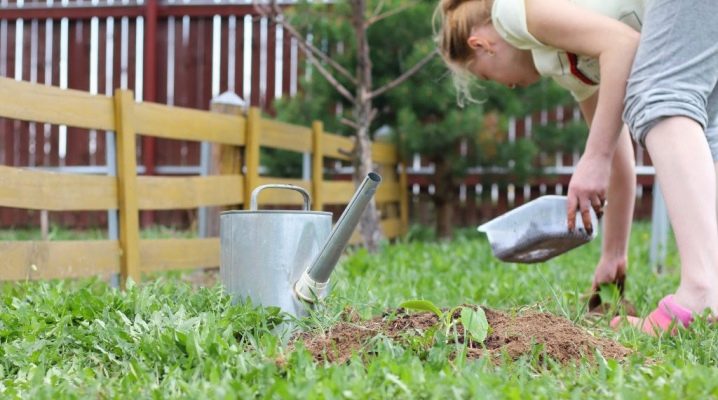
Feeding courgettes is very important for the development of these green plants. The process of development of the bushes, as well as the quality of the crop, depends on this procedure.
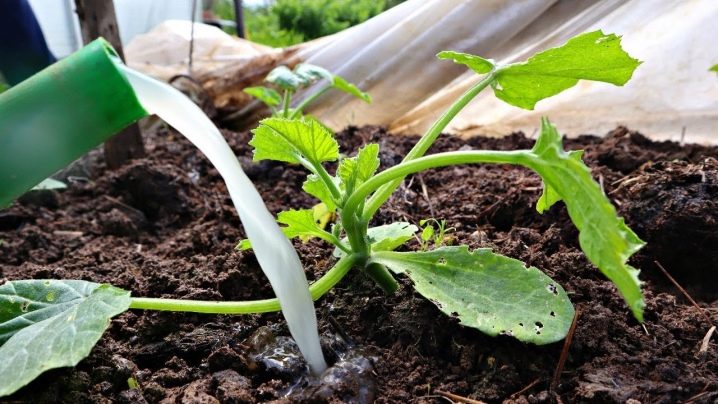
The need for feeding
Timely feeding of zucchini allows you to solve several problems at once.
- Improve soil condition. Zucchini are plants that extract a large amount of nutrients from the soil. Therefore, in order for them to develop normally, high-quality fertilizers must be regularly applied to the ground.
- Protect plants from diseases and pests. Feeding the zucchini makes the bushes stronger. Therefore, they are not afraid of insects and common diseases. In addition, plants become more resistant to cold and drought.
- Increase yields. Timely feeding also has a good effect on the yield of zucchini. The number of fruits that can be harvested from the bush increases. Moreover, they become tastier.
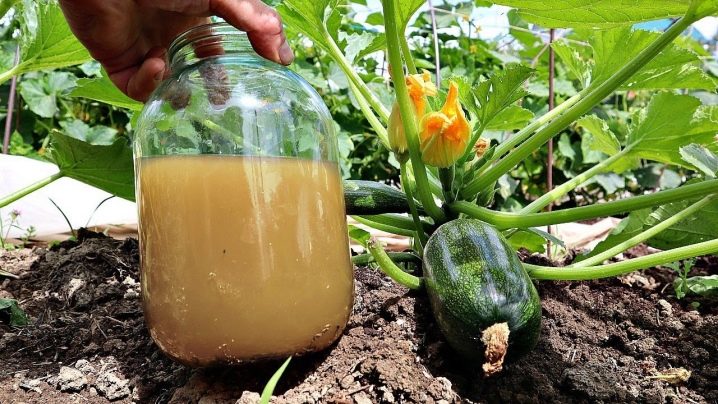
Zucchini care does not take much time. Therefore, you should not ignore the process of feeding these plants.
Fertilizer overview
To fertilize zucchini, you can use both purchased preparations and improvised means.
Mineral
It is most convenient for gardeners to work with mineral fertilizers. They are effective and quickly saturate the soil with nutrients. Because squash loves nitrogen fertilization, they are usually fed with urea. You can use such fertilizer before fruiting or during the period of fruit formation. For its preparation, 6-7 grams of dry product are diluted in 5 liters of water. Zucchini is treated with urea in the evening. As a rule, plants are processed on a leaf.

If the zucchini grows poorly, you can feed them with potassium humate. The product enhances the immunity of plants. It can be used 3-4 times per season. It is very important to use the product in the correct dosage. If the proportions are not correct, it will only harm the plants.
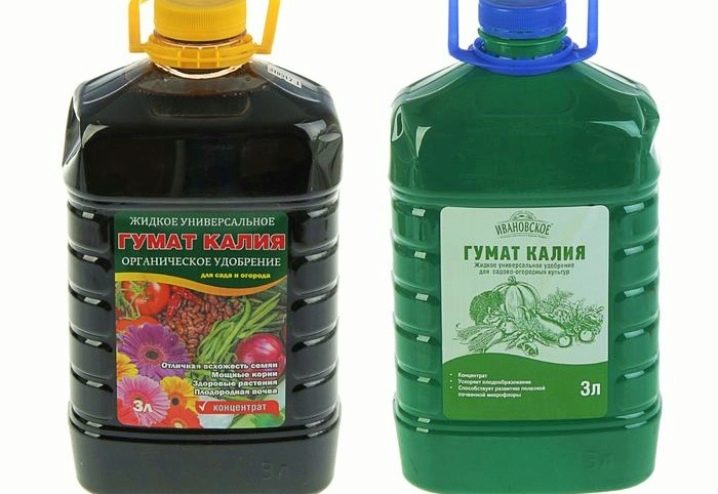
Organic
Such foods are not only beneficial for the growth of zucchini. They also help to improve the structure of the soil and make it more fertile. You can feed the zucchini with the following products.
- Mullein. To fertilize the plants, the mullein must be diluted. Usually a liter of rotted manure is added to a bucket of water. Next, the contents are stirred and sent to infuse for a couple of weeks. Before use, the liquid is diluted again. It is not worth adding fresh manure to the soil. In this way, the roots of the plants can be burned.
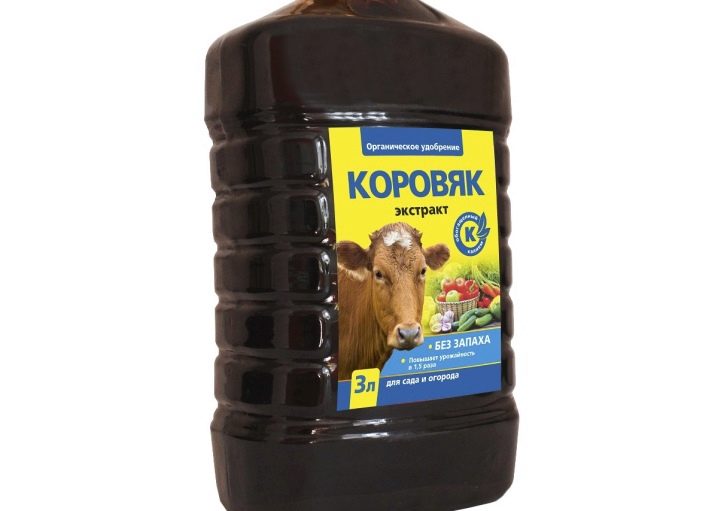
- Chicken droppings. Feeding zucchini with chicken droppings accelerates the flowering and fruiting of plants. It contains a large amount of nitrogen. Therefore, it is usually used to feed young seedlings, as well as weakened and pale bushes. Before use, the chicken, like ordinary manure, is bred. Add 400-500 ml of product to a ten-liter bucket with warm water. Then he is sent to infuse for a week. You can apply the product to the soil without delay.
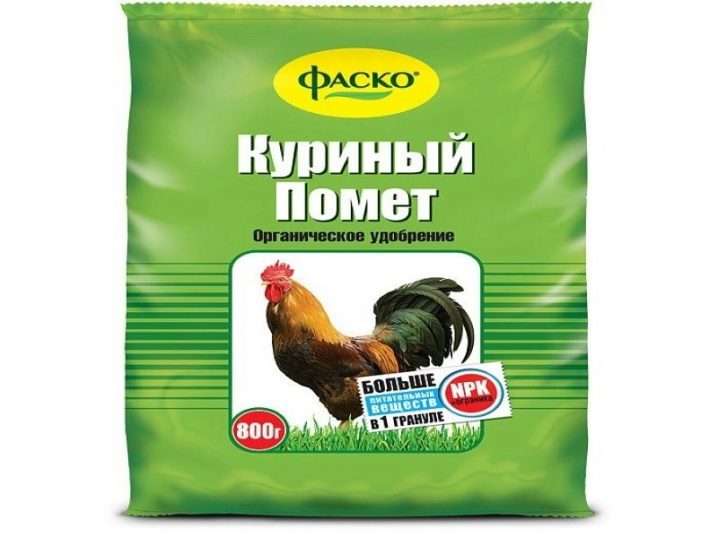
- Ash. Pure wood ash contains many beneficial trace elements. Therefore, it is often used to feed various plants. Zucchini is no exception. Usually, ash is added to the soil in a dry form. This fertilizer improves soil quality and protects plants from diseases and pests. When the first ovaries appear, the plants can be fed with ash infusion. For its preparation, a glass of pure ash is diluted in a bucket of warm water. The resulting product needs to be infused for a week. Stir before use.
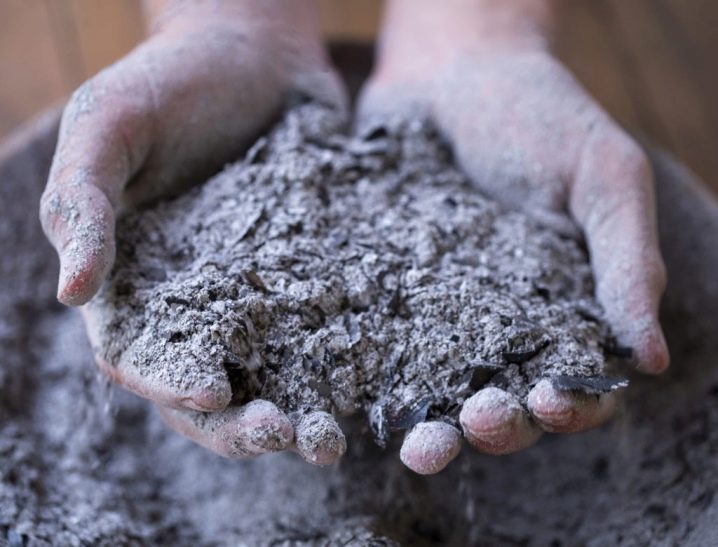
- "Effecton". This organic supplement is considered versatile. It can be used at all stages of growth and development of zucchini. This fertilizer is based on manure and peat. It is usually diluted before use. To do this, add two tablespoons of dressing to the bucket.
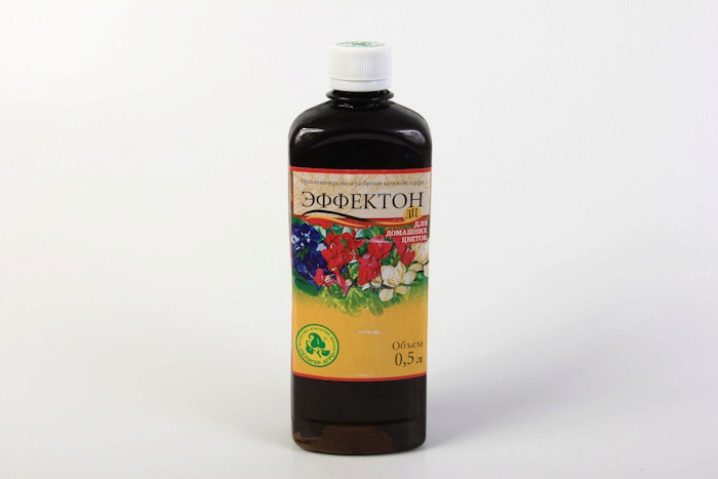
Organic fertilizers are not recommended to be combined with other fertilizers.
Complex
Complex preparations are easy to use. They are a ready-made food mixture that is perfect for this crop. The following formulations are popular among buyers.
- "Nitroammofoska". To fertilize zucchini, a product consisting of 20 grams of dry preparation and 10 liters of clean water is used. A liter of solution is usually poured under each plant. You can feed zucchini with such a preparation at the beginning of their growth and during the formation of ovaries. This product helps to increase yields by 50%.

- "Biohumus". It is a quality liquid formulation that is often used to fertilize squash beds. Before use, 5 ml of this product is diluted in 4 liters of settled water. You can use the solution several times in a row. It is introduced into the soil every 8-10 days. In this case, the product must always be fresh. Therefore, do not prepare too much of the solution at a time.

- Agricola. Universal water-soluble granules are great for plant nutrition. The product can be used to fertilize zucchini after 2-3 full-fledged leaves appear. The product is introduced into the soil several times per season. The break between treatments should be within 8-10 days.
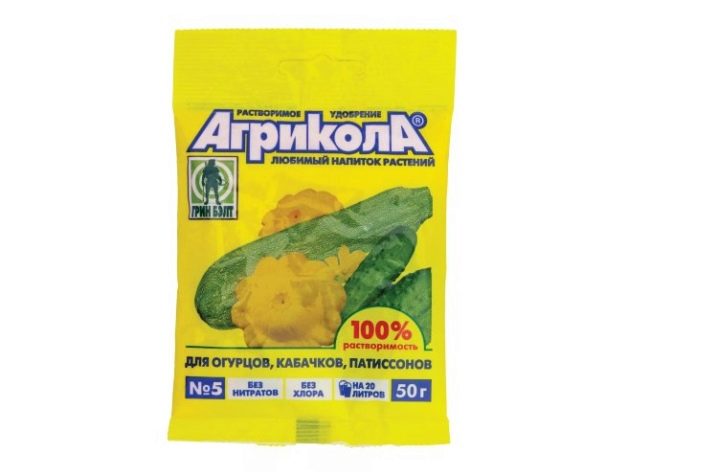
- "Bud". This fertilizer is usually applied to the soil before flowering. After using it, barren flowers are less often formed on the bushes. The product saturates the soil with phosphorus and potassium. Therefore, the fruits after making it also become more tasty. You can fertilize with a similar product zucchini growing both in the greenhouse and in the garden.
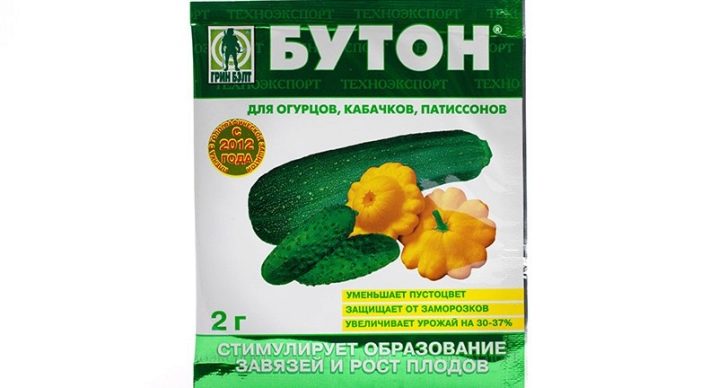
- Rossa. This complex fertilizer contains all the nutrients that courgettes need. To get a good harvest, it must be used several times per season. Even before planting, the seeds are soaked in containers with this product. Such processing of planting material allows you to speed up the process of emergence. In the future, the fertilizer is used to feed the grown zucchini 1-2 times more. You can feed them the bushes both on the leaf and at the root.

It is convenient to use such fertilizers even for novice gardeners.
Folk remedies
Many gardeners use folk remedies for feeding zucchini. They are safe for both plants and people who work with them. You can use the following products for processing zucchini.
- Ammonia. As a rule, young seedlings are fed with ammonia. Ammonium should also be used if the leaves of the zucchini turn yellow and the stems become brittle. This procedure allows you to speed up the growth process of the bushes and make them stronger. You need to dilute the product while working with rubber gloves. It is worth doing this outdoors.

- Yeast. For the preparation of high-quality yeast feeding, you can use both raw and dry yeast. It is worth breeding them in warm water. It is worth feeding the soil with yeast in warm weather. In this case, there will be much more benefit. If the gardener uses raw yeast, they are diluted in water in a ratio of 1 to 5. Then the product is sent to a warm place, where it is infused for several days. Before use, the liquid is once again diluted in water. You can save time by choosing dry yeast. A bag of dry product is diluted in a bucket of warm water and after two hours is used to water the plants.
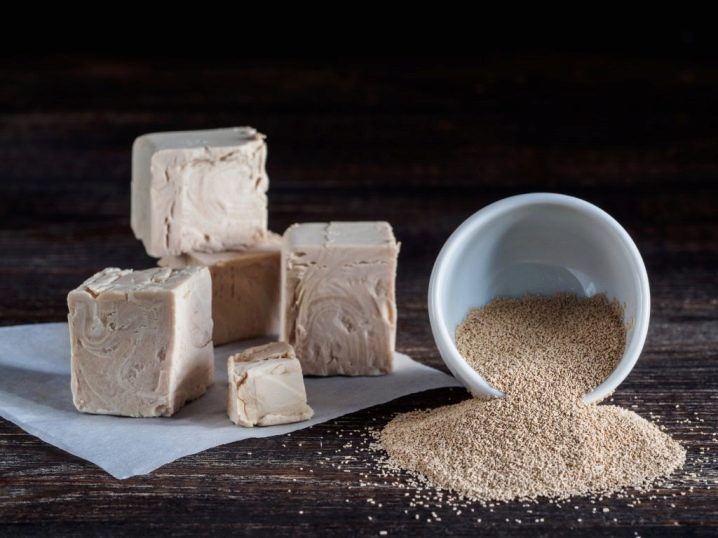
It is not worth using such feeding too often.
- Iodine. During the flowering period, zucchini can be fed with a solution of iodine. To prepare it, add 35-45 drops of the product to a bucket of water. The solution for watering plants is used immediately.Such a remedy helps to increase the immunity of the plant. It is often treated with pale and weakened bushes.

- Boric acid. This is another good pharmacy tool that can be used to feed zucchini beds. This product helps to improve the taste of the fruit, as well as their keeping quality. It is worth fertilizing the beds with boric acid before planting zucchini. It is very simple to prepare a product for treating beds. Dilute 2 grams of product in warm water. There is no need to insist on it. The site is immediately sprayed with a ready-made solution. Processing is best done in the early morning or late evening.

- Onion peel. Such feeding helps protect plants from many common diseases. For its preparation, dry husks are placed in a bucket, and then poured with warm water. After that, the product is infused for several hours. Instead, the husks can simply be boiled for 10-15 minutes. The resulting product is filtered and diluted. You can use it for feeding immediately. The onion husk itself can be buried or added to the compost pit.
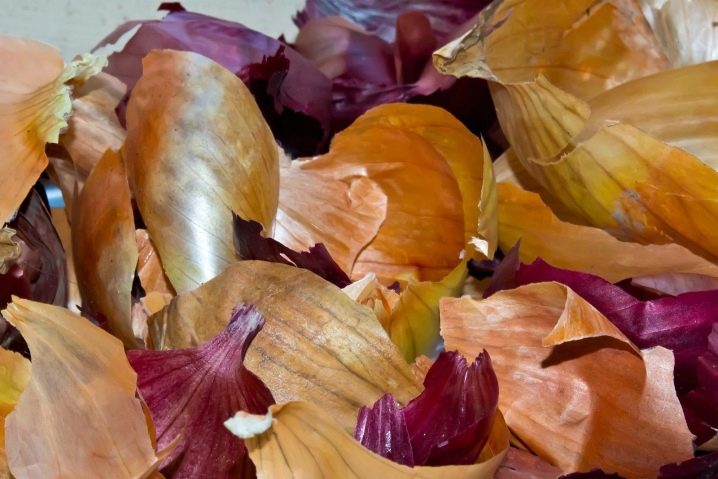
- Eggshell. Before use, the previously collected shells are dried and crushed thoroughly. The resulting product is embedded in the soil. After that, the beds are watered with warm water. This helps to saturate the plants with calcium.
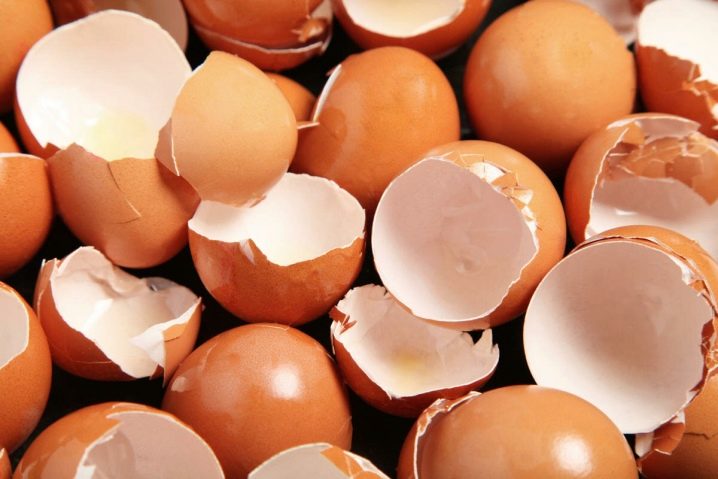
- Herbal tea. This product can be used to feed all plants in the garden. Therefore, gardeners prefer to cook it in a large barrel. It is half filled with grass. Weeds or mowed greens are suitable for the preparation of products. The grass is poured with warm water. The product is left outside for 12-14 days. During this time, the infusion will ferment. You can speed up this process by adding dry bread crusts or jam to the barrel. The finished herbal tea has a clear color. Before use, the product must be strained and diluted in a ratio of 1 to 10. You can make this feeding more effective by adding a glass of pure wood ash to the bucket with the solution.

- Milk. You can also feed zucchini with milk. The product is diluted with water. After that, they are treated with bushes. This product helps fight many diseases, including late blight. You can also use whey instead of milk.
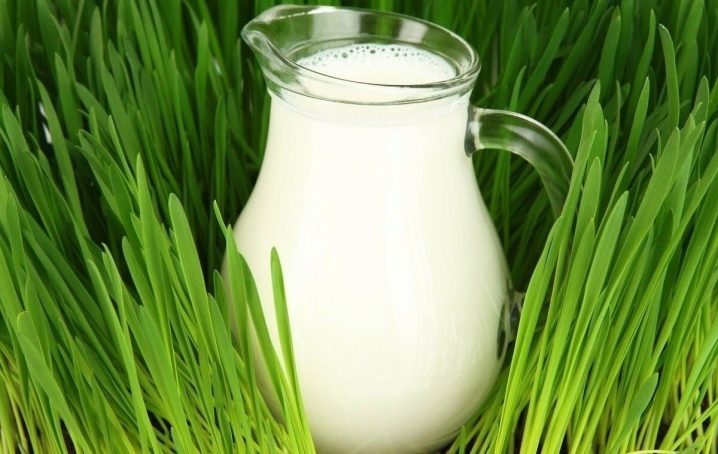
- Sugar syrup. It is an unusual fertilizer used to attract pollinators. For its preparation, half a kilogram of granulated sugar is diluted in a liter of settled water. The resulting product can be sprayed immediately.

All the products you need are easy to find at home. Therefore, there are no problems with their use.
Application stages
It is customary to apply fertilizers to the soil several times per season.
- Before boarding. It is worth preparing the beds for planting zucchini in the fall. At this time, the soil is dug up. In the spring, this procedure is repeated, cleaning the area from plant debris. After that, organic matter is introduced into the soil. Fresh manure cannot be used at this stage. It can burn the roots of young plants. Dry sawdust is embedded in heavy soils, and a small amount of peat in sandy soils. Lime or dolomite flour can be added to acidic soil.
- After landing. For the first time after the appearance of green sprouts, zucchini are fed with purchased fertilizers. This helps outdoor zucchini to bloom faster.
- During the appearance of flowers. Zucchini bloom usually begins in June. At this time, the plants are actively fed with potassium. In addition, while the zucchini is blooming, dry ash can be embedded in the soil. This is necessary for the plants to bear fruit well.
- During active fruiting. After the first fruits appear on the bushes, feeding products must be chosen more carefully. This step requires the use of potassium foods. They help to improve the quality of the fruit, as well as their keeping quality.
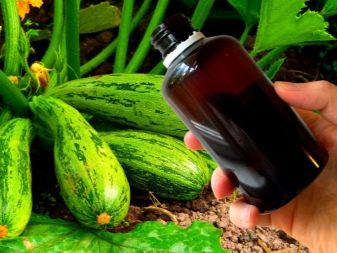
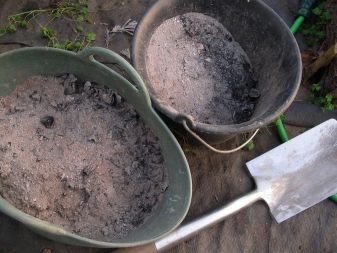
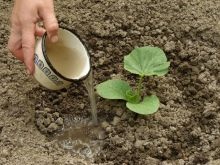


This zucchini feeding scheme is suitable for all plant varieties.
Useful Tips
In order for top dressing to definitely benefit the plants, the gardener should listen to the following tips.
- You can make top dressing both under the root and on the sheet. In the second case, the plant will receive nutrients immediately. But their number will be much less than with root feeding. This method of plant nutrition also helps in the fight against various pests and common diseases.
- Don't overfeed your plants. An excess of nutrients is just as bad for zucchini as a lack of them.
- It is recommended to use settled water for breeding dressings. Many gardeners use rainwater collected in barrels for this purpose.
- Granular or powder preparations can be applied to the soil without first diluting. But after that, the beds need to be watered abundantly. Warm water is also used for this.
- After fertilizing the soil, the garden bed should be mulched. For this, straw or hay is suitable. This procedure will help improve the structure of the soil and also inhibit the growth of weeds. It is recommended to renew the mulch layer from time to time.
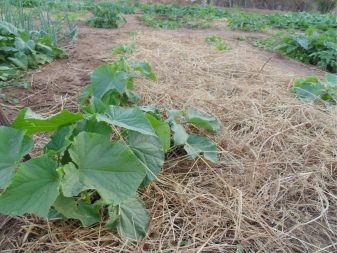
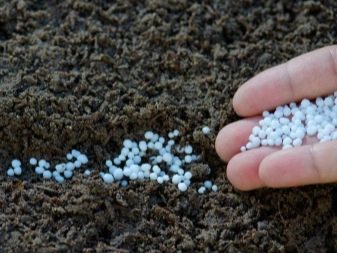

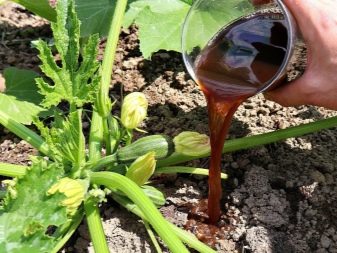
If you do everything right, zucchini will develop well and actively bear fruit.













The comment was sent successfully.